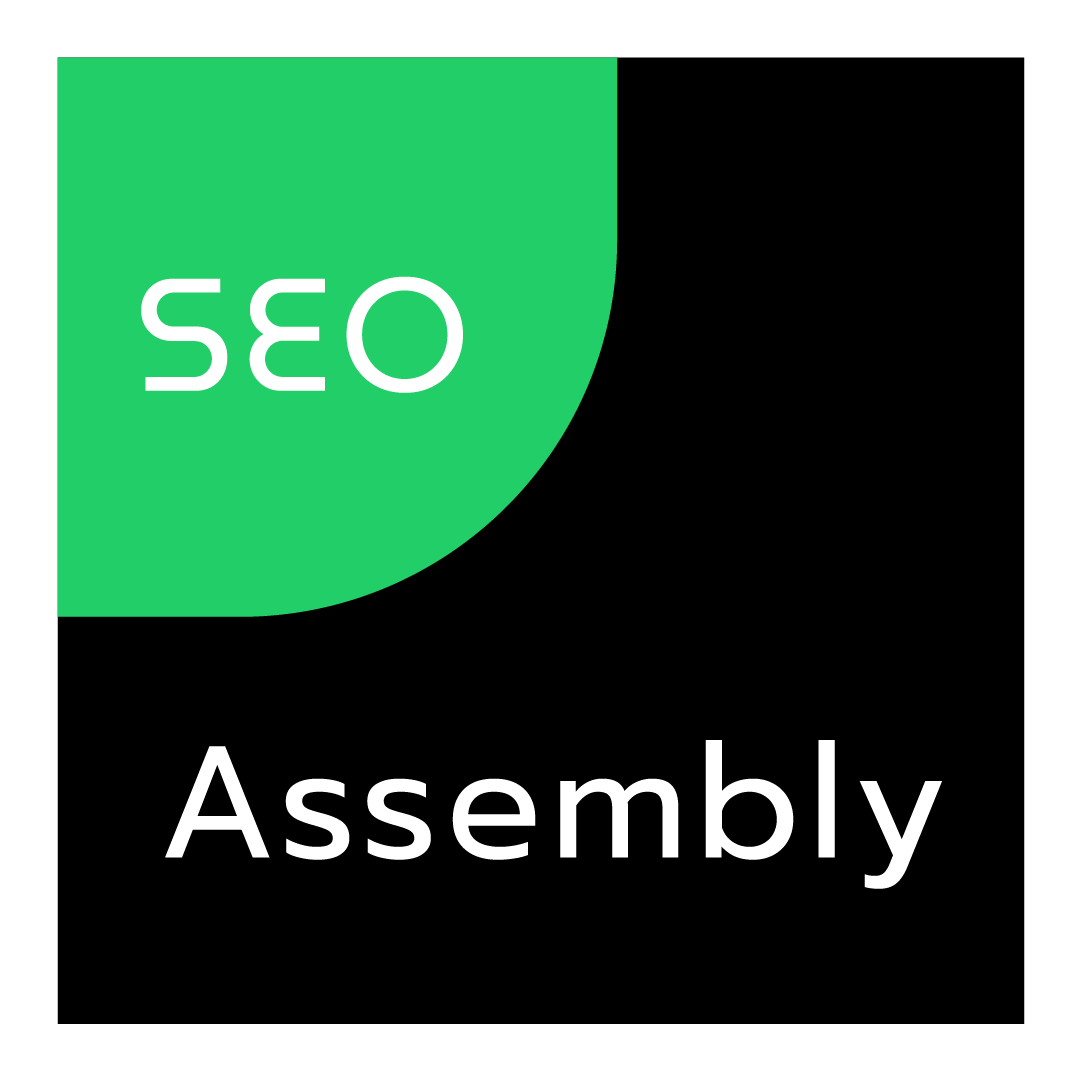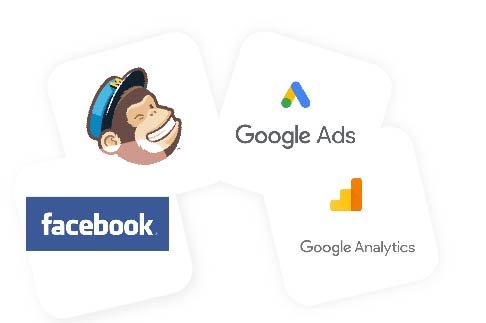The Evolution of Content Intelligence: How Modern Platforms Are Revolutionizing SEO Strategy Beyond Traditional Methods
The digital marketing landscape is experiencing a seismic shift as content intelligence platforms emerge as game-changers in the SEO realm. While traditional SEO approaches focused primarily on keyword optimization and technical tweaks, modern content intelligence platforms are revolutionizing how businesses understand, create, and optimize content for search engines and human audiences alike. This transformation represents more than just technological advancement—it’s a fundamental reimagining of how content strategy and SEO integration can drive measurable business results.
Inspired by recent insights from Search Engine Journal’s exploration of content intelligence platforms, this comprehensive guide examines how these sophisticated tools are moving beyond conventional SEO methodologies to deliver unprecedented value for digital marketers, content creators, and SEO professionals.
Source: This article draws inspiration from Search Engine Journal’s analysis of content intelligence platforms and their impact on modern SEO practices. For the original insights, visit: https://www.searchenginejournal.com/
Understanding Content Intelligence Platforms: The Next Evolution in SEO Technology
Content intelligence platforms represent a paradigm shift from reactive SEO strategies to proactive content optimization ecosystems. Unlike traditional SEO tools that focus on post-publication analysis and keyword tracking, these advanced platforms integrate artificial intelligence, machine learning, and real-time data analytics to guide content creation from ideation to optimization.
These sophisticated systems analyze multiple data streams simultaneously: search engine algorithms, competitor content performance, user behavior patterns, semantic search trends, and content engagement metrics. By processing this vast array of information, content intelligence platforms provide actionable insights that help businesses create content that resonates with both search engines and target audiences.
The Five Core Capabilities That Define Modern Content Intelligence Platforms
Real-Time Content Performance Analytics
Modern content intelligence platforms provide comprehensive performance tracking that goes far beyond basic metrics like page views and bounce rates. These systems analyze content engagement patterns, user journey mapping, conversion attribution, and search visibility changes to provide a complete picture of content effectiveness.
Key performance indicators include content consumption depth, social sharing velocity, backlink acquisition rates, and search result click-through improvements. This data enables marketers to identify high-performing content patterns and replicate success across their content portfolio.
Predictive Content Optimization
By leveraging machine learning algorithms, these platforms can predict content performance before publication. They analyze historical performance data, current market trends, and competitive landscape insights to suggest content improvements that maximize search visibility and user engagement.
Predictive optimization encompasses keyword selection, content structure recommendations, optimal publishing timing, and distribution channel selection. This proactive approach significantly improves content ROI and reduces the time between publication and performance optimization.
Competitive Content Intelligence
Content intelligence platforms continuously monitor competitor content strategies, identifying content gaps, trending topics, and successful content formats within specific industries. This competitive analysis provides valuable insights for content planning and strategic positioning.
These systems track competitor content performance metrics, publication frequencies, topic coverage patterns, and audience engagement levels. This information helps businesses identify untapped content opportunities and develop differentiated content strategies.
Automated Content Auditing and Optimization Recommendations
Advanced content intelligence platforms perform comprehensive content audits, analyzing existing content for optimization opportunities. These audits examine technical SEO factors, content quality metrics, user experience indicators, and search performance data.
Automated recommendations include content structure improvements, internal linking suggestions, meta tag optimizations, and content updating priorities. This systematic approach ensures consistent content quality and maintains search visibility across large content portfolios.
Integrated Workflow Management
Modern platforms integrate content planning, creation, optimization, and performance tracking into unified workflows. This integration streamlines content operations, improves team collaboration, and ensures consistent application of SEO best practices.
Workflow management features include content calendar integration, approval processes, SEO checklist automation, and performance milestone tracking. These capabilities significantly improve content production efficiency and quality consistency.
Practical Applications: How Leading Businesses Are Leveraging Content Intelligence Platforms
Case Study: E-commerce Content Optimization
Leading e-commerce companies are using content intelligence platforms to optimize product descriptions, category pages, and blog content for both search visibility and conversion optimization. These platforms analyze customer search behavior, competitor product positioning, and seasonal trends to recommend content strategies that drive both organic traffic and sales.
Key results include 40-60% improvements in organic search traffic, 25-35% increases in conversion rates, and significant reductions in content production timelines. The integration of content intelligence with e-commerce platforms enables real-time optimization based on inventory levels, pricing changes, and promotional campaigns.
SaaS Companies: Scaling Educational Content
Software-as-a-Service companies leverage content intelligence platforms to create comprehensive educational content that addresses user questions throughout the customer journey. These platforms identify knowledge gaps, trending industry topics, and optimal content formats for different audience segments.
Successful implementations have resulted in 50-70% increases in organic lead generation, improved customer onboarding completion rates, and reduced customer support ticket volumes. The platforms’ predictive capabilities help SaaS companies anticipate market needs and create content proactively.
The Strategic Advantage: Moving Beyond Traditional SEO Limitations
Overcoming Keyword-Centric Approaches
Traditional SEO strategies often focus heavily on keyword optimization, sometimes at the expense of content quality and user experience. Content intelligence platforms shift the focus toward holistic content optimization that considers semantic search, user intent, and content context.
This approach results in content that performs better across multiple search queries, provides genuine value to readers, and maintains strong search visibility even as algorithms evolve. The platforms’ understanding of semantic relationships enables content creators to target topic clusters rather than individual keywords.
Proactive vs. Reactive Content Strategy
Conventional SEO typically involves creating content and then optimizing based on performance data. Content intelligence platforms enable proactive content strategy by predicting performance, identifying opportunities, and suggesting optimizations before publication.
This predictive approach significantly reduces the time between content publication and performance optimization, improves resource allocation, and increases overall content ROI. Businesses can focus their efforts on high-impact content opportunities rather than reactive improvements.
Implementation Best Practices: Maximizing Content Intelligence Platform Value
Establishing Clear Performance Metrics
Successful content intelligence platform implementation begins with defining specific, measurable performance metrics that align with business objectives. These metrics should encompass both SEO performance indicators and business outcomes such as lead generation, conversion rates, and customer acquisition costs.
Key performance indicators should include organic search visibility improvements, content engagement metrics, conversion attribution data, and competitive positioning changes. Regular performance review cycles ensure that content strategies remain aligned with evolving business priorities.
Integrating with Existing Marketing Technology
Content intelligence platforms deliver maximum value when integrated with existing marketing technology stacks. This integration enables seamless data flow between content management systems, analytics platforms, customer relationship management tools, and marketing automation systems.
Integration considerations include data synchronization capabilities, workflow automation opportunities, and reporting consolidation requirements. Successful integrations create unified views of content performance across all marketing channels.
Team Training and Change Management
Implementing content intelligence platforms requires comprehensive team training and change management processes. Content creators, SEO specialists, and marketing managers need to understand platform capabilities, interpret data insights, and adapt workflows accordingly.
Training programs should cover platform functionality, data interpretation techniques, optimization strategies, and collaborative workflow processes. Regular skill development ensures teams can leverage evolving platform capabilities effectively.
Future Outlook: The Evolution Continues
Artificial Intelligence Integration
Content intelligence platforms are increasingly incorporating advanced artificial intelligence capabilities, including natural language generation, automated content optimization, and predictive performance modeling. These AI enhancements will further streamline content creation processes and improve optimization accuracy.
Future developments will likely include more sophisticated content personalization capabilities, automated A/B testing systems, and enhanced competitive intelligence features. The integration of AI will continue to reduce manual optimization tasks while improving content performance.
Voice Search and Multi-Modal Content
As voice search and visual search technologies evolve, content intelligence platforms are adapting to optimize content for these emerging search modalities. This includes analyzing voice search query patterns, optimizing for featured snippets, and developing strategies for multi-modal content experiences.
Platforms are beginning to incorporate capabilities for optimizing podcast content, video transcriptions, and image metadata to capture traffic from diverse search interfaces. This multi-modal approach will become increasingly important as search behaviors continue to evolve.
Actionable Implementation Roadmap for 2025
Phase 1: Platform Evaluation and Selection (Weeks 1-4)
- Assess current content performance and identify optimization opportunities
- Evaluate content intelligence platform options based on specific business requirements
- Conduct platform demonstrations and trial implementations
- Define success metrics and ROI expectations
- Secure budget approval and implementation timeline
Phase 2: Platform Setup and Integration (Weeks 5-8)
- Configure platform settings and data connections
- Integrate with existing marketing technology stack
- Import historical content performance data
- Set up automated reporting and alert systems
- Establish workflow processes and approval procedures
Phase 3: Team Training and Process Development (Weeks 9-12)
- Conduct comprehensive team training sessions
- Develop standard operating procedures for content optimization
- Create content quality checklists and optimization templates
- Establish regular performance review schedules
- Implement feedback loops for continuous improvement
Phase 4: Full Implementation and Optimization (Weeks 13+)
- Launch full-scale content intelligence platform usage
- Monitor performance metrics and adjust strategies accordingly
- Conduct regular optimization cycles based on platform insights
- Expand platform usage to additional content types and channels
- Document success stories and refine best practices
Measuring Success: Key Performance Indicators for Content Intelligence Platforms
Primary SEO Metrics
- Organic search traffic growth: Target 25-50% improvement within 6 months
- Keyword ranking improvements: Focus on top 10 positions for target terms
- Featured snippet acquisitions: Track zero-position search results
- Search visibility scores: Monitor overall search presence improvements
- Click-through rate optimizations: Improve search result engagement
Content Performance Indicators
- Content engagement metrics: Time on page, scroll depth, social sharing
- Conversion attribution: Track content-driven lead generation and sales
- Content production efficiency: Measure creation time and resource utilization
- Content quality scores: Platform-generated quality assessments
- Topic cluster performance: Evaluate comprehensive topic coverage
Business Impact Measurements
- Revenue attribution: Connect content performance to business outcomes
- Cost per acquisition improvements: Reduce customer acquisition costs
- Brand awareness metrics: Track search volume for brand-related terms
- Competitive positioning: Monitor market share in search results
- Customer lifetime value: Analyze long-term value of content-acquired customers
Conclusion: Embracing the Future of Content-Driven SEO
Content intelligence platforms represent a fundamental shift in how businesses approach SEO strategy and content optimization. By moving beyond traditional keyword-centric methodologies, these sophisticated systems enable proactive, data-driven content strategies that deliver measurable business results.
The integration of artificial intelligence, predictive analytics, and comprehensive performance tracking creates unprecedented opportunities for content optimization and strategic positioning. As search engines continue to evolve toward more sophisticated understanding of user intent and content quality, businesses that embrace content intelligence platforms will maintain significant competitive advantages.
For digital marketers, SEO professionals, and content creators, the transition to content intelligence platforms is not just an opportunity—it’s becoming a necessity for long-term success in an increasingly competitive digital landscape. The time to evaluate, implement, and optimize these powerful platforms is now.
This comprehensive analysis is inspired by Search Engine Journal’s insights into content intelligence platforms and their transformative impact on modern SEO practices. For ongoing updates on content intelligence and SEO evolution, explore the extensive resources available at Search Engine Journal.
About SEO Assembly: We are a leading digital marketing agency specializing in advanced SEO strategies, content intelligence implementation, and performance-driven optimization solutions. Our expertise in modern SEO platforms and content strategy development helps businesses achieve sustainable growth in competitive digital markets.Workflow management features include content calendar integration, approval processes, SEO checklist automation, and performance milestone tracking. These capabilities significantly improve content production efficiency and quality consistency.Source: This article draws inspiration from Search Engine Journal’s analysis of content intelligence platforms and their impact on modern SEO practices. For the original insights, visit: https://www.searchenginejournal.com/
 Our Motto : Keep it simple
Our Motto : Keep it simple
 contact :
contact : 
